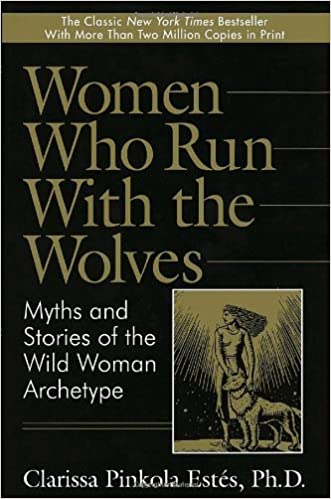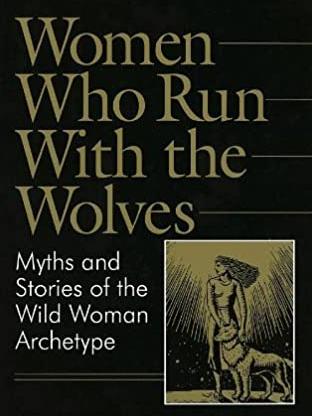
From Publishers Weekly Folklore, fairy tales and dream symbols are called on to help restore women's neglected intuitive and instinctive abilities in this earthy first book by a Jungian analyst. According to Estes, wolves and women share a psychic bond in their fierceness, grace and devotion to mate and community. This comparison defines the archetype of the Wild Woman, a female in touch with her primitive side and able to rely on gut feelings to make choices. The tales here, from various cultures, are not necessarily about wolves; instead, they illuminate fresh perspectives on relationships, self-image, even addiction. An African tale of twins who baffle a man represents the dual nature of woman; from the Middle East, a story about a threadbare but secretly magic carpet shows society's failure to look beyond appearances. Three brief, ribald stories advocate a playful, open sexuality; other examples suggest ways to deal with anger and jealousy. At times, Estes's commentary--in which she urges readers to draw upon and enjoy their Wild Woman aspects--is hyperbolic, but overall her widely researched study offers usable advice for modern women.
Nachlass Elisabeth Ramoser.

